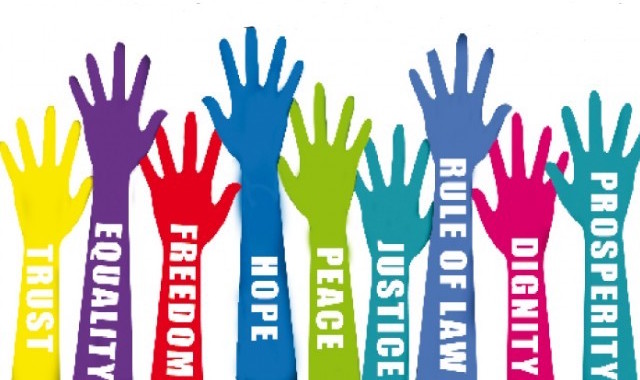who We Are
History
ESCR-Asia, Pakistan (Legal Aid Project)
ESCR-Asia, Pakistan (Legal Aid Project) provides legal assistance and legal representation to refugees and asylum-seekers across the main twin cities( Rawalpindi & Islamabad) in Pakistan. Legal Aid And advocacy activities are focused on cases of unlawful arrest/detention on immigration grounds, civil/family matters and legal response to victims of sexual or gender-based violence.
ESCR-Asia is member
ESCR-Asia is a member of ESCR-Net, the Coalition in the Adoption of the OP-ICESCR, Asia Pacific Refugee Rights Network (APPRN), and Immigration Detention Working Group(IDWG).
ESCR-Asia contribution
Economic, Social and Cultural Rights Asia commits to contributing to the increased understanding and articulation of Asian perspectives on human rights in general particularly economic, social and cultural rights we also are committed to developing agreements on these principles and to strengthening commitment to promote ESCRs, specifically in Southeast Asia and other Asian countrie
An Asia composed of compassionate, just, equitable, peaceful and prosperous societies where individuals and peoples are empowered and enabled, in partnership with their States, to enjoy and realize all their human rights.
- ESCR-Asia is a catalyst and a bridge in improving dialogue among various cultures in the region.
- ESCR-Asia participates in the development of a strengthened movement and network on economic, social and cultural rights. ESCR-Asia advocates, through creative and culturally-sensitive approaches and programs, for the enforceability and justiciability of economic, social and cultural rights.
- ESCR-Asia effectively and regularly participates not only in key United Nations (UN) activities but also in other international as well as regional bodies and entities whose activities are related to economic, social and cultural rights.


